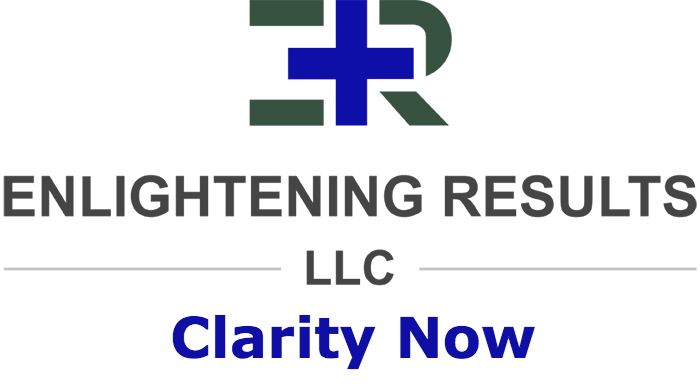Direct-To-Consumer Genetic Tests: Who Are They REALLY Benefitting?
/The FDA approved the Personal Genome Service Genetic Health Risk (GHR) Report for BRCA1/BRCA2 (Selected Variants), the first direct-to-consumer BRCA test by 23andMe that may be performed in the comfort of one’s home without the need for a prescription. Press releases and even the FDA announcement do not thoroughly detail the many limitations and conditions associated with the test. Individuals many incorrectly interpret what the test’s results may show or may over-extrapolate how the test is meant to be used. In healthcare, it is of essence to be considerate of people’s health literacy levels so as to encourage informed decision-making based on factual, credible information. It’s also important to be fully transparent as to how the test’s results are benefitting the actual company, in this case 23andMe, as well as other third party companies. This needs to be spelled out front and center. Not just buried in the legalese of the terms and conditions and privacy policy.
Here are the limitations, caveats, and fine print that everyone needs to know about regarding the latest FDA approved 23andMe offering:
- The test only detects 3 out of more than 1000 BRCA mutations. BRCA1/BRCA2 breast cancer gene mutations are most common in Ashkenazi Jewish populations. This test does not benefit the general population.
- A negative result does NOT rule out the possibility of other BRCA mutations which may pose an increased risk in cancer.
- Not all cancers are BRCA mutation driven or hereditary. Some cancers develop sporadically. A negative result does NOT mean one has no risk for developing cancer.
- People who test positive should seek the guidance of a medical professional and understand that they will most likely be retested in a supervised, clinical setting.
- A positive test result may lead to fear, anxiety, and distress.
- Patients and clinicians should NOT make medical decisions, such as opting for prophylactic surgery or anti-hormone therapy, based on 23andMe test results.
- This test is NOT a substitute for consulting with your doctor for cancer screenings, genetic counseling, or managing lifestyle factors that may impact one’s cancer risk.
- Anyone with a strong family history of cancer should seek professional medical guidance for appropriate management.
- Your web behavioral, genetic, or self-reported information may be used by the company internally to improve their services or sold to third party companies for research, marketing and advertising, or commercial purposes. Read the privacy policy and the terms and conditions.
The test may only benefit a very small population of people, specifically those of Ashkenazi Jewish descent, however it is being marketed and offered to the general public. People will purchase the test for a variety of reasons. Regardless of what their reasons are, who the test benefits (or doesn’t), all of the people who submit their saliva samples for testing will have their data and results utilized in one way or another or sold to third party vendors for commercial purposes. Any improvements in company services, commercial, or research advancements that happen as a consequence of using customer data offers zero recognition or compensation for their “participation”. In the end, who really gets the most benefit?

